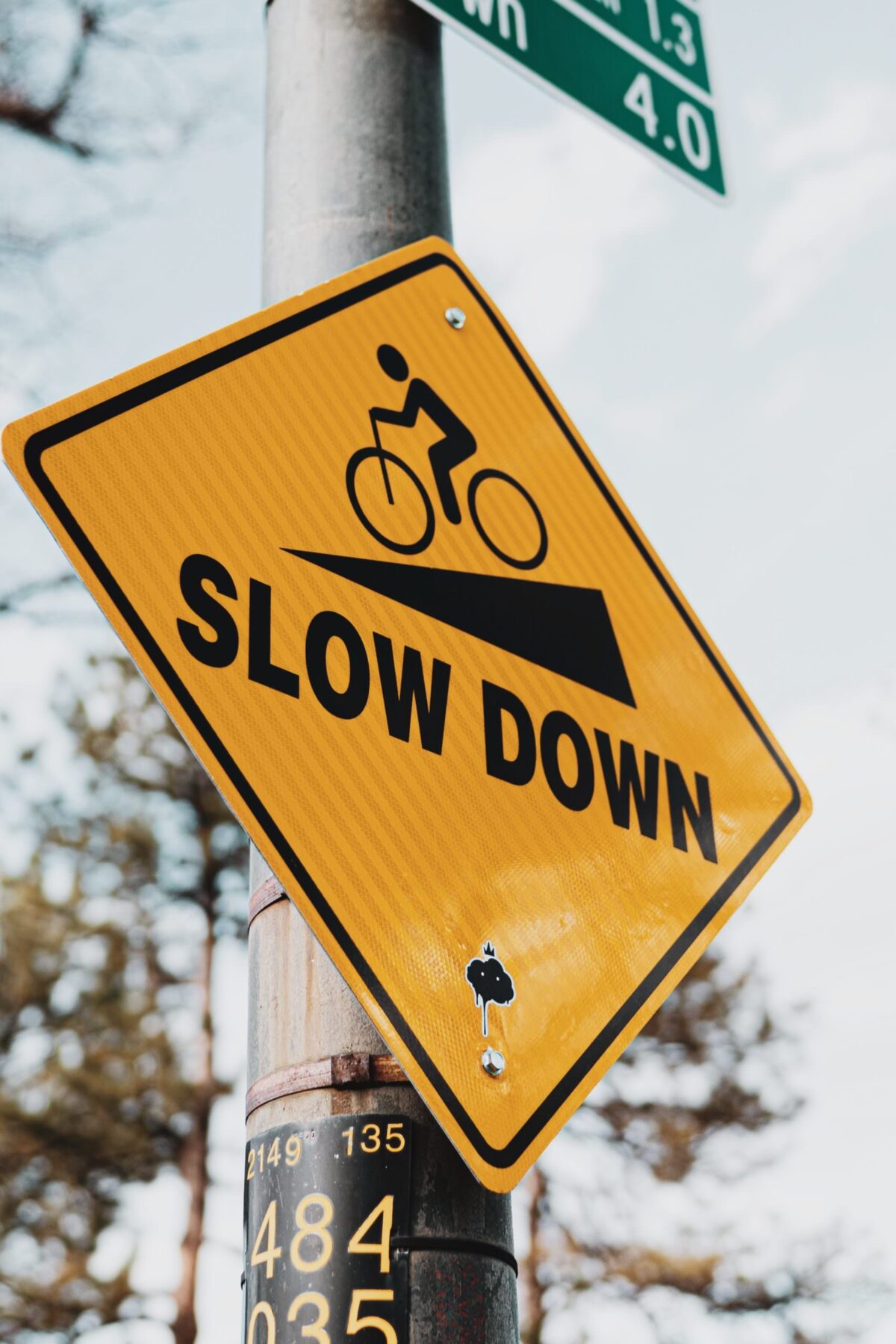Slowing down animations in Flutter for debugging purposes can be helpful in observing their behavior more closely. There are a couple of ways to achieve this:
Using timeDilation
The library that is responsible for different scheduling is flutter/scheduler. This also includes animations. To use the library, simply import package:flutter/scheduler.dart – in this case, timeDilation is all that you need.
Now you can set the variable timeDilation to a custom double. The value 1.0 is the default animation speed. Setting it to 2.0 will slow down all animations by a factor of two.
import 'package:flutter/scheduler.dart' show timeDilation;
// ...
timeDilation = 2.0; // Slow down animations by factor twoAs timeDilation is a global variable, you can set it anywhere in the code, e.g. in main():
import 'package:flutter/scheduler.dart' show timeDilation;
void main() {
timeDilation = 3.0;
runApp(new MyApp());
}Manually slowing down animations
If you want to slow down specific animations or transitions, you can do so by using Duration parameters in your animations. For example:
AnimatedContainer(
duration: Duration(seconds: 5), // Slows down this specific animation
...
)Using these methods, you can control the speed of animations for debugging purposes in your Flutter application. Remember to remove or adjust these settings once you’re done debugging to ensure normal animation speed during regular usage.
Photo by LOGAN WEAVER | @LGNWVR on Unsplash

Leave a Reply